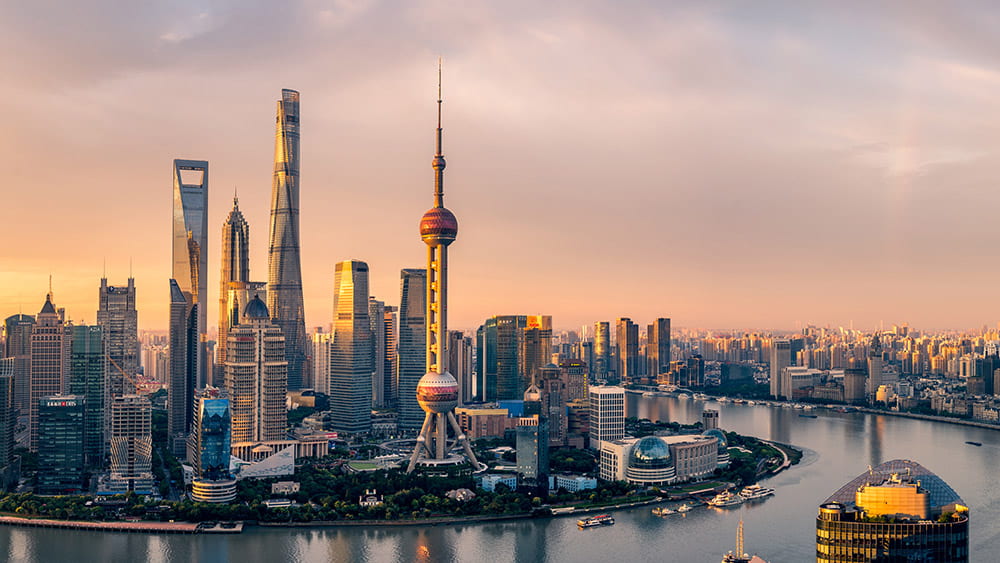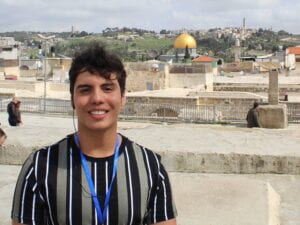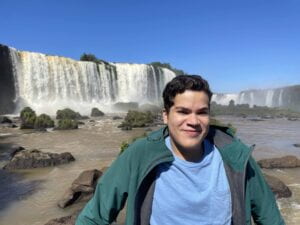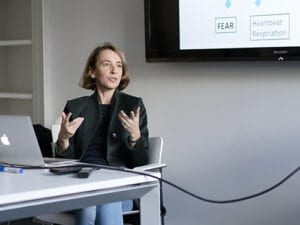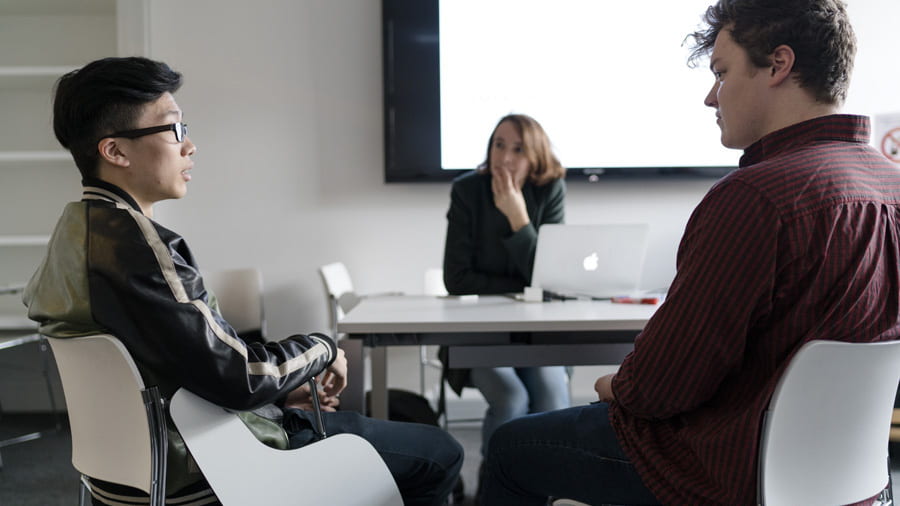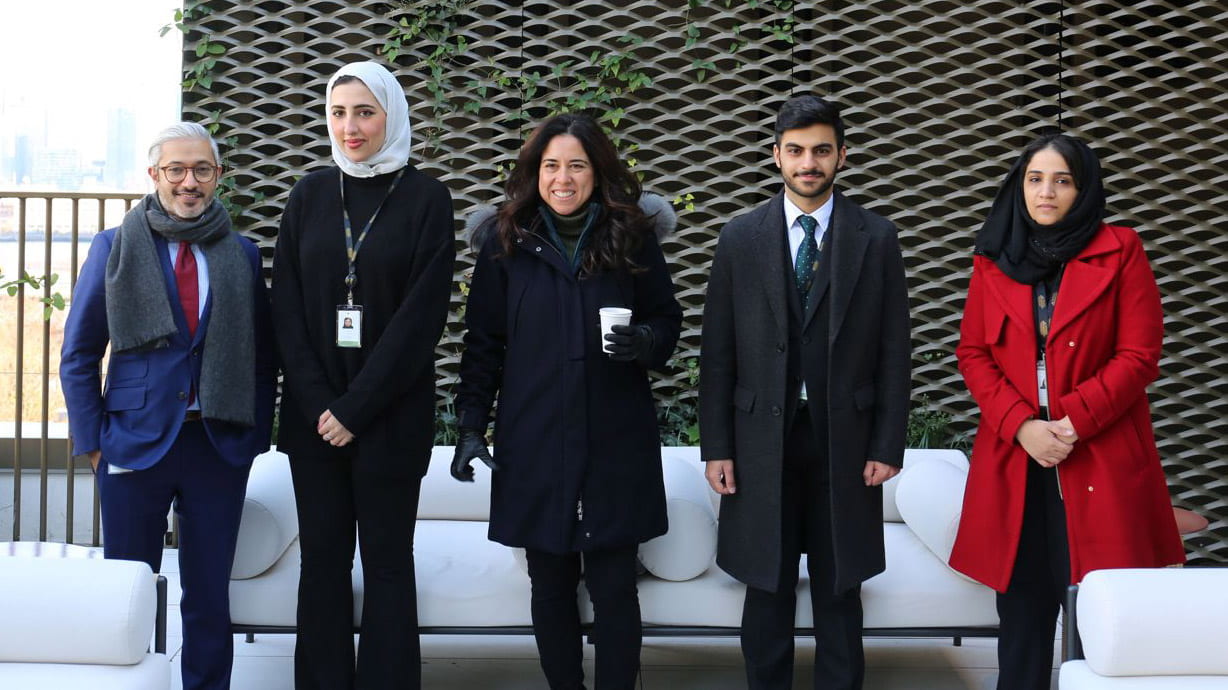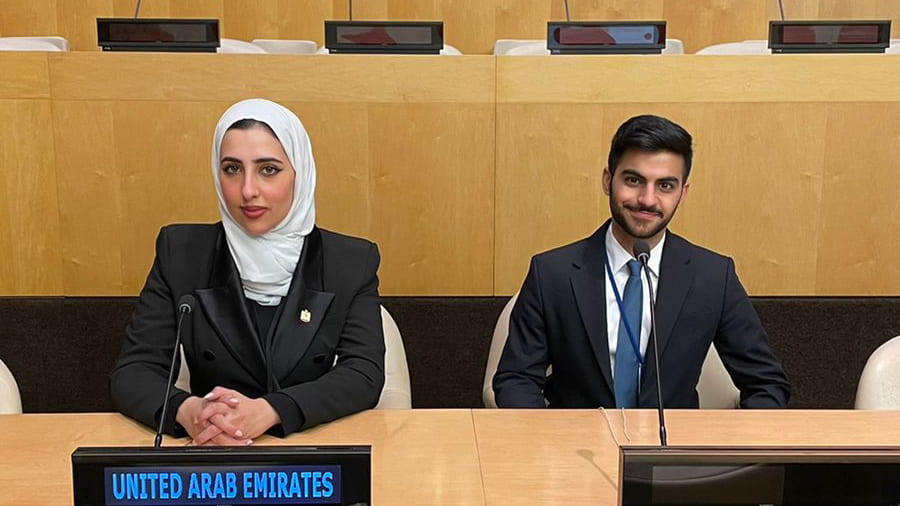NYU Shanghai and the NYU Robert F. Wagner Graduate School of Public Service partnered to launch a new research and study abroad opportunity for those pursuing a PhD in Public Administration. The new program brings NYU Shanghai’s total number of PhD offerings to 11. The application cycle for the class arriving in the fall of 2023 is now closed, but the NYU Wagner application portal will reopen next fall for fall 2024 candidates.
The new program is especially attractive to students with a special interest in urban planning and policy, according to NYU Shanghai assistant professor of urban science and policy ChengHe Guan, the program’s supervising faculty member.
“Urban digitalization has become an irresistible trend around the world for its significant role in accelerating economic growth, improving urban governance, promoting sustainable urban growth, and facilitating many aspects of our lives,” Guan says. “China is now at the forefront of urban digitalization. I hope we can tackle China’s new urban challenges from a global perspective and share our experience in building digital smart cities with the world,” Guan adds.
A Lab for the Cities of Tomorrow
“At our new state-level NYU Shanghai Key Laboratory of Urban Design and Urban Science, students will use advanced technology, such as big data and artificial intelligence, to undertake a multidisciplinary exploration of this digital urban transformation through urban studies, data science, urban planning, urban ecology, urban geography, urban economics, and real estate development,” Guan says. It’s a great platform for PhD students, with three main research areas:
- Planning for sustainable postpandemic cities
- Planning for the growth of climate-responsive low-carbon cities in the context of greenhouse gas mitigation
- Planning for environmentally sensitive urban green and blue infrastructure using social sensing techniques
The NYU Advantage
Like many of NYU Shanghai’s master’s and PhD offerings, the PhD in Public Administration builds upon the academic resources and research communities within NYU’s global network. Admitted students pursue their coursework at NYU Wagner in New York City for one to two years before relocating to Shanghai for research under the supervision of NYU Shanghai faculty. Students mostly spend summer terms, especially during their first two years, in Shanghai as well. All PhD candidates earn an NYU doctoral degree upon graduation.
NYU Wagner is among the top-ranking public policy schools in the United States, especially in urban planning and policy, where the school ranks first in the latest U.S. News & World Report rankings. Admitted students have many opportunities to study and conduct research with some of the world’s top faculty in the field.
In Shanghai students can participate in research conducted at the NYU Shanghai Key Laboratory of Urban Design and Urban Science, the Center for Applied Social and Economic Research, and the Center for Data Science and Artificial Intelligence as well as access the abundant resources at the Center for Global Asia.
“Faculty across NYU Shanghai are researching the intelligent design of cities. Our emerging interdisciplinary strength in this area made establishing a doctoral program in partnership with NYU Wagner perfectly apt. Students in the program analyze how urban centers around the world like Shanghai are shaped in today’s era from scientific and policy perspectives, all while gaining a unique, global, two-campus experience that only a university like NYU can offer,” says Eric H. Mao, the NYU Shanghai dean of graduate and advanced education.
All admitted students are fully funded under the NYU Shanghai Doctoral Fellowship, which covers tuition and fees and provides students with international health insurance, travel funds, and an annual stipend. Since fall 2015, 50 students have enrolled in NYU Shanghai PhD programs.
Story repurposed (and updated) with permission from NYU Shanghai News and Publications.
